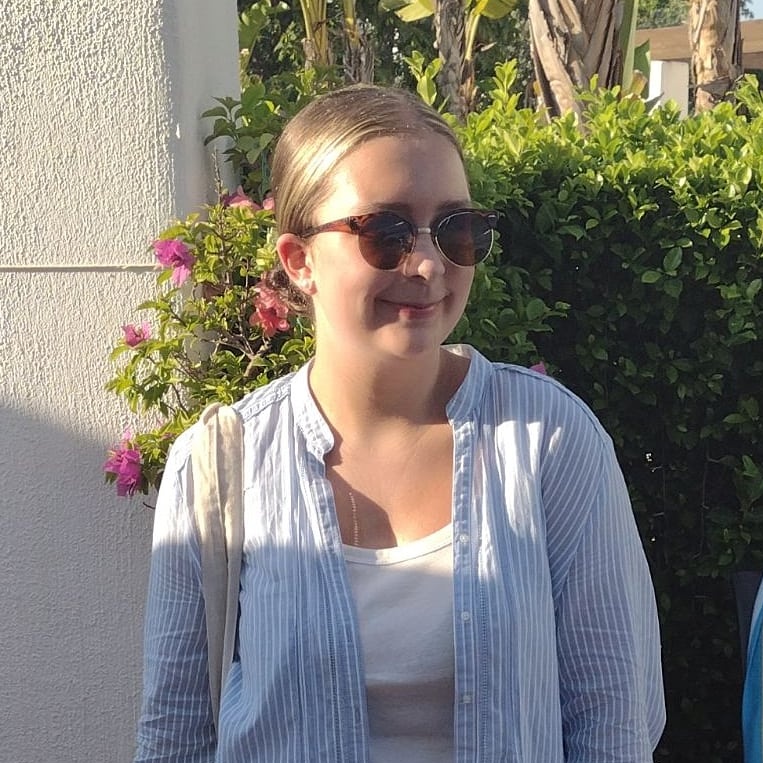
Everyone deserves to see themselves represented on a page. There are many beautiful stories about heterosexual relationships that hold universal moments of love, and while the experience of attraction and falling deeply may resonate with nearly everyone, LGBTQ+ young people should be represented too. They have stories that often go untold, unique moments that deserve to be treated with respect on the pages of a book. Moreover, all love should be featured in love stories. We need more accurate YA novels that cover every part of the community and all types of attraction, all genders and all identities.
Imagine a kid reading all the children’s books and progressing into middle-grade and Young Adult books. Stories with exclusively straight couples as parents, heterosexual relationships and not one mention of any other identity. As they grow older, that could lead to easily feeling that their attraction is ‘wrong’ or doesn’t fit what ‘should be.’ However, seeing the LGBTQ+ experience could help them to feel accepted, allow them the same guidance that other YA books give straight readers about those relationships and help them to know that their sexuality is perfectly normal.
I’m a firm believer that writing can be a powerful tool and I believe that promoting these stories could aid a culture of acceptance for LGBTQ+ people. People could read these books and learn that while there may be differences, the overall love in these relationships is the same as any other love. There are unfortunately many people in society with homophobic attitudes and views but perhaps reading inclusive writing would help many to see the beauty of love for gay, bisexual and more people.
I remember the first LGBTQ+ novel that I read. It was technically a graphic novel but such a gorgeous story. I remember getting such a warm-and-fuzzy feeling as I followed the romance, smiling to myself for hours on end and truly savouring the loveliness of the relationship. The beauty of the novel was that while the existence of homophobia was acknowledged, the author created such a safe space in their pages for young readers discovering their sexuality in many other moments. Ever since, I’ve realised more and more how much we need proper representation for young people to feel that safety.
It helps the feelings of loneliness. Many LGBTQ+ young people may feel isolated from their straight friends as they have a different experience but seeing themselves through characters could allow them to feel a part of a community. It lets them know that other young people out there are finding a home in these stories too and are sharing their journey of self-discovery. For LGBTQ+ youth afraid of approaching support groups, possibly for the fear of their sexuality being accidentally exposed, finding themselves in books could let them have a similar space where they feel accepted.
As writers, we aim to write novels that feel realistic and resonate with our readers. Not featuring LGBTQ+ people is not accurate as they are everywhere: sitting next to you in class, passing you in the street or working alongside you. They’re human beings! Moreover, denying the existence of homophobia wouldn’t be right either. Unfortunately, discrimination still exists and impacts countless people daily in severe ways. While we should aspire to let young people feel safe regardless of sexuality, we need to acknowledge the troubles instead of pretending that everything is perfect.
Include everyone in your stories! Whether your main character will have two mums or dads, one character comes out to another or your protagonist is falling in love, let your books be inclusive to all young people. Representation can be such a validating experience, bringing feelings of acceptance and joy. All experiences should be accurately depicted. Everybody deserves to see their love in the books that they love.
Support Young Creators Like This One!
VoiceBox is a platform built to help young creators thrive. We believe that sharing thoughtful, high-quality content deserves pay even if your audience isn’t 100,000 strong.
But here's the thing: while you enjoy free content, our young contributors from all over the world are fairly compensated for their work. To keep this up, we need your help.
Will you join our community of supporters?
Your donation, no matter the size, makes a real difference. It allows us to:
- Compensate young creators for their work
- Maintain a safe, ad-free environment
- Continue providing high-quality, free content, including research reports and insights into youth issues
- Highlight youth voices and unique perspectives from cultures around the world
Your generosity fuels our mission! By supporting VoiceBox, you are directly supporting young people and showing that you value what they have to say.





